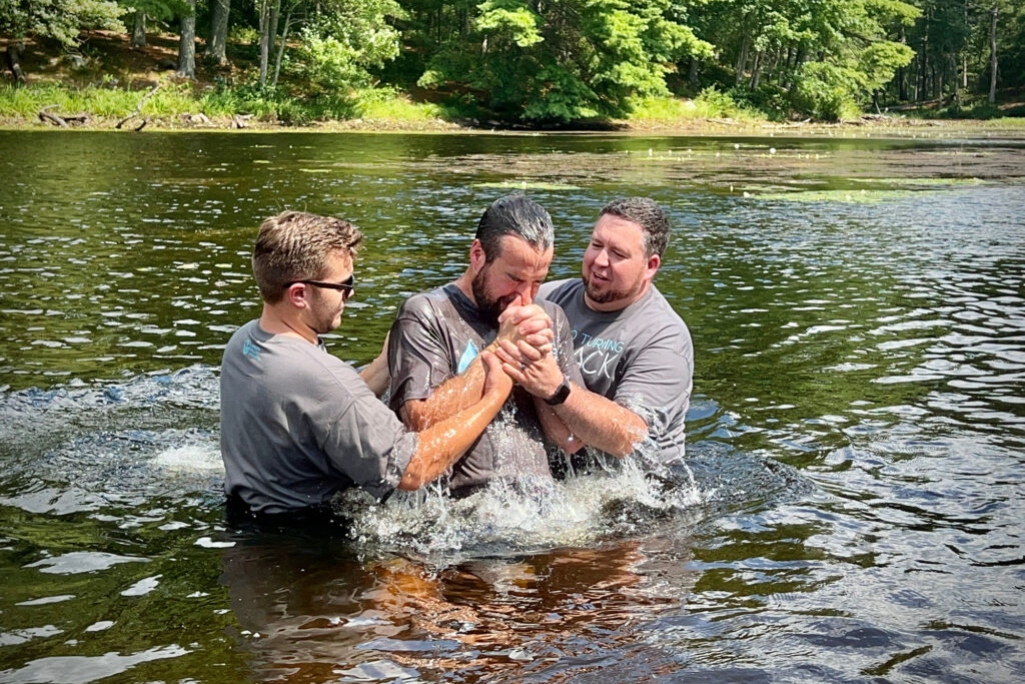It’s common for proponents of gay marriage to claim that scripture condemns only promiscuous, predatory and pedophilic homosexual behavior, as if the biblical authors had no knowledge of consensual, adult, monogamous homosexuality. In some cases, LGBT advocates state explicitly that the ancient world was ignorant of modern forms of homosexuality.
But that claim is false. And believers should be prepared to engage its advocates in the ongoing cultural debate over same-sex marriage.
The suggestion that scripture doesn’t condemn modern homosexuality is one component of the controversy surrounding Weatherly Heights Baptist Church in Huntsville, Ala., and its alleged approval of same-sex unions. Weatherly Heights pastor David Freeman asserted in a 2013 sermon that “the Bible does not address” “adult, loving, monogamous, same-sex relationships.” Believers have wrongly asserted blanket condemnations of homosexual behavior, Freeman said, based on scripture passages dealing only with promiscuity, predatory behavior and abuse.
(Weatherly Heights was disfellowshipped from the Madison Baptist Association March 16 by a vote of the body’s executive board. The Alabama Baptist State Board of Missions withdrew fellowship from Weatherly Heights May 15, acting on behalf of the Alabama Baptist State Convention. The Southern Baptist Convention (SBC) Executive Committee is expected to take action on behalf of the SBC June 15 relative to the church’s cooperation with the convention.)
Pastor Danny Cortez made a similar argument in September when the SBC Executive Committee withdrew fellowship from New Heart Community Church in La Mirada, Calif., for its approval of same-sex marriage. Pro-gay author Matthew Vines asserted the ancient world’s ignorance of adult, monogamous homosexuality in his 2014 book God and the Gay Christian.
Before Freeman, Cortez and Vines, the argument that Old and New Testament authors had in mind only dominating and violent forms of homosexuality dates back at last 33 years to Robin Scroggs’ book The New Testament and Homosexuality.
Is this claim true? In a word, no. A forthcoming book from B&H Academic titled Unchanging Witness: The Consistent Christian Teaching on Homosexuality identifies numerous references in antiquity to adult, consensual and, in some cases, monogamous homosexuality, including gay marriage. Among the references cited by authors Donald Fortson and Rollin Grams:
-
The tomb of Egypt’s Pharaoh Niuserre from approximately 2600 B.C. pictures two of the monarch’s male officials holding hands, embracing and touching noses – a typical Egyptian way to depict kissing. A rendering of Pharaoh Ikhnaton some 1200 years later pictures the monarch as having a feminine shape and sitting nude with his son-in-law as the two stroke each other’s chins.
While the proper interpretation of these images is debated, they may confirm Leviticus 18:3’s statement that Egyptians practiced the behaviors condemned in that chapter, including homosexual acts.
-
In the first century A.D., the Jewish Apocalypse of Abraham described men expressing sexual passion for one another.
-
Plutarch, a Greek author contemporaneous with the New Testament writers, spoke of both “unwilling” and “willing” sexual unions between men.
-
A second- or third-century Jewish writing titled Sifra applied Leviticus 18:3’s condemnation of homosexual acts to “a man married to a man and a woman [to] a woman.”
-
Juvenal, a first- and second-century Roman satirist, wrote of homosexual marriage, though it is not clear whether he knew of the practice or merely believed society was heading toward it.
-
Sextus Empiricus wrote around A.D. 200 that a story of “burning love” between two male friends in Greek mythology contributed to acceptance of homosexual relationships in some cities.
-
The second-century Greek writer Ptolemy referenced women who regarded other women as their wives.
Of course, ancient writings also contain references to homosexual acts that are abusive, violent and involve minors. And some of the references above were penned after the New Testament was complete. Nonetheless, they refute the claim of LGBT advocates that adult, monogamous, loving homosexual relationships were unknown in the ancient world. Even the oft cited homosexual scholar John Boswell warned against exaggerating the difference between ancient and modern forms of homosexuality in his book Christianity, Social Tolerance, and Homosexuality.
Ancient references to adult, consensual homosexuality – including gay marriage – should bolster believers’ confidence that Moses, Paul and other biblical authors would not recoil in surprise if they learned about contemporary gay marriage. Indeed, there is nothing new under the sun. scripture’s condemnation of homosexual acts prohibits every form of same-sex sexual expression.
(EDITOR’S NOTE – David Roach is chief national correspondent for Baptist Press, the Southern Baptist Convention’s news service.)


